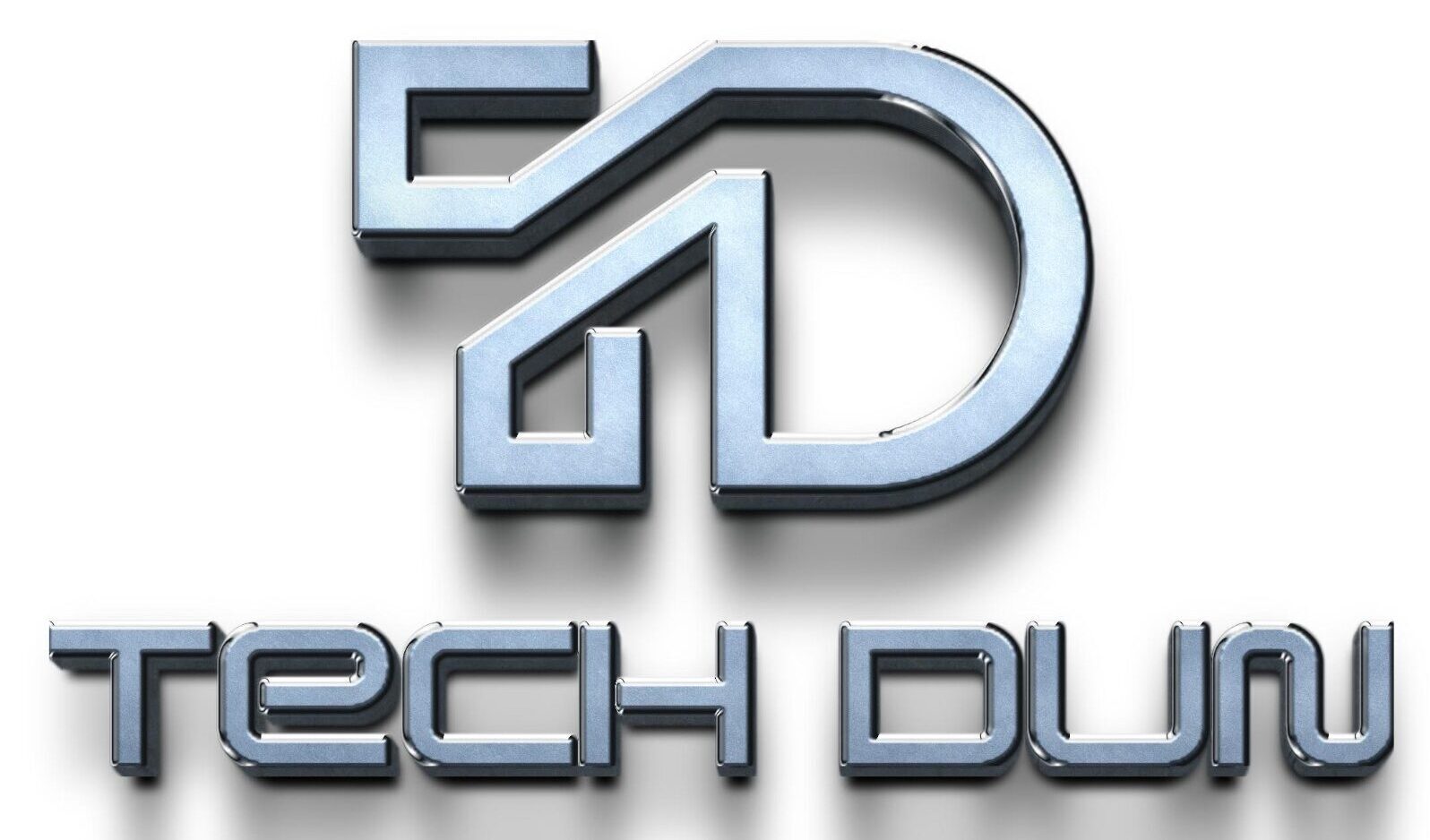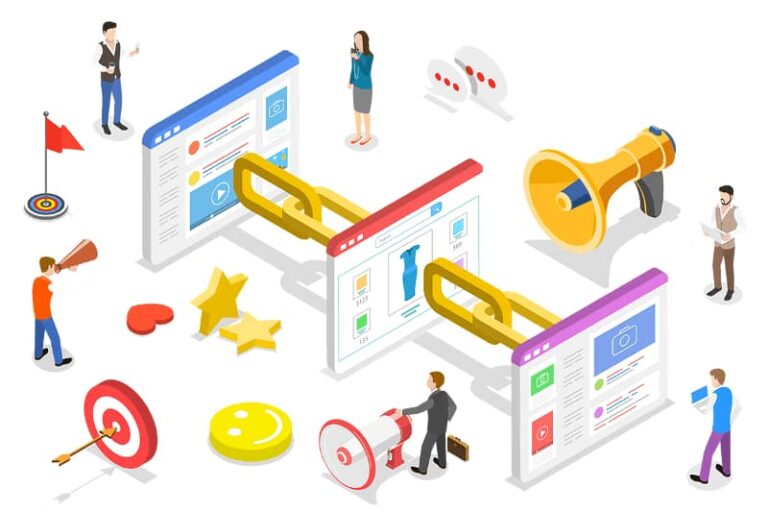Innovative Methods To Use Dynamics 365 for ERP Solutions?
Do you operate as a reactive or proactive organization? Many firms are forced to respond quickly to problems and situations as they emerge because they lack insight into their activities or data. When they get support calls, for instance, do your representatives from customer service frequently find themselves wasting valuable time trying to locate data, or do you have the correct resources and tools set up to anticipate when a customer will contact you and determine what the most likely course of action will be? There is a distinction, and Microsoft Dynamics CRM system fills that gap. Alternatively referred to as Dynamics 365 or D365, this cloud-based system integrates ERP and CRM features into cohesive apps that efficiently link every aspect of your business, like sales, marketing, service, activities, and commerce.
Microsoft Dynamics 365 ERP: What Is It?
By combining customer resource management (CRM) with enterprise resource planning (ERP) software, Microsoft Dynamics 365 enables companies to consolidate their client insights and business data. It provides solutions for numerous company divisions, such as management of supply chains, advertising, sales, and human resources. It offers a single business software that compiles information from several departments to present a comprehensive picture of the most important data points for a company.
Using artificial intelligence (AI) and machine learning (ML), users may produce personalized reports and dashboards in addition to receiving actionable insights. To obtain more data from throughout the company, Dynamics 365 also readily connects with other Microsoft programs, such as Power BI, Microsoft Teams, as well as Power Automate. Additionally, some companies can decide to sign up as Microsoft partners in so that they can resell Dynamics 365 to their own clients.
Selecting Your Company’s Best Microsoft Dynamics ERP Solution
Almost any business may have Microsoft Dynamics 365 ERP modified, but it’s not always obvious where one option ends and another begins. It’s acceptable if you’re still unsure if this ERP is the right choice for your company. Because Dynamics 365 is designed to be adaptable, you and your solution partner can collaborate to create a unique solution. A factor to keep in mind is the price of Microsoft Dynamics 365.
As they expand, small and medium-sized companies ought to focus on single solutions rather than committing to a whole ERP system. On the other hand, businesses ought to think about using Dynamics 365 for their ERP demands as they most likely have the funds available to invest.
A. Unified Data Management and Integration
Integrating diverse data sources throughout a company is one of Dynamics 365’s main advantages. Dynamics 365 provides a holistic perspective of company operations by combining data from HR, supply chain, finance, and various other areas into a single, centralized system. Better decision-making is made possible by this integrated strategy thanks to real-time insights obtained from aggregated data.
Moreover, Dynamics 365’s AI-powered analytics can be used to find subtle trends and patterns in the data. Companies may make better informed & anticipatory choices by utilizing machine learning skills to forecast results, uncover opportunities, and manage risks.
B. Personalization and Expandability
Because of Dynamics 365’s flexibility, the platform may be heavily customized to fit unique corporate workflows and procedures. Organizations may improve activities, increase user adoption, and boost the overall effectiveness by tailoring the system to meet specific needs. Furthermore, the platform’s scalability guarantees that it can easily handle the expansion of businesses, adjusting to growing data volumes and changing requirements without sacrificing functionality.
C. Increased Interaction with Customers
Beyond internal processes, Dynamics 365 has innovative uses that are revolutionizing client engagement. A platform’s client data can be leveraged to provide individualized interactions and experiences. Organizations may anticipate consumer demands, provide customized suggestions, and offer a uniform and individualised customer experience across several channels by utilising AI-driven data.
The omni-channel capabilities of the platform enable enterprises to interact with customers in an effortless manner across several touchpoints, including social media, mobile, online, and in-person encounters. Greater connections and increased loyalty to clients are fostered by this coordinated approach to customer involvement.

D. Efficiency and Automation
Business operations can be revolutionized by the powerful automation features which Dynamics 365 delivers. The Dynamics 365 suite includes Power Automate, which makes it possible to automate repetitive processes, saving labor and increasing the efficiency of operations. Companies may reduce errors, streamline operations, and free up assets for more strategic duties by optimizing workflows.
Additionally, the development of unique applications and analytical tools is made possible by the integration of Dynamics 365 with Microsoft’s Power Platform. This gives companies the ability to create specialized solutions which satisfy certain requirements, therefore increasing production and efficiency in operations.
Final Words
The creative use of Microsoft Dynamics 365 for ERP solutions goes far beyond standard apps. Organizations may simplify processes, make well-informed choices, and provide outstanding experiences with its automation instruments, customization possibilities, and expanded client engagement capabilities. In today’s competitive world, organizations may drive themselves toward better efficiency, quickness, and development by utilizing the many functions of Dynamics 365.






